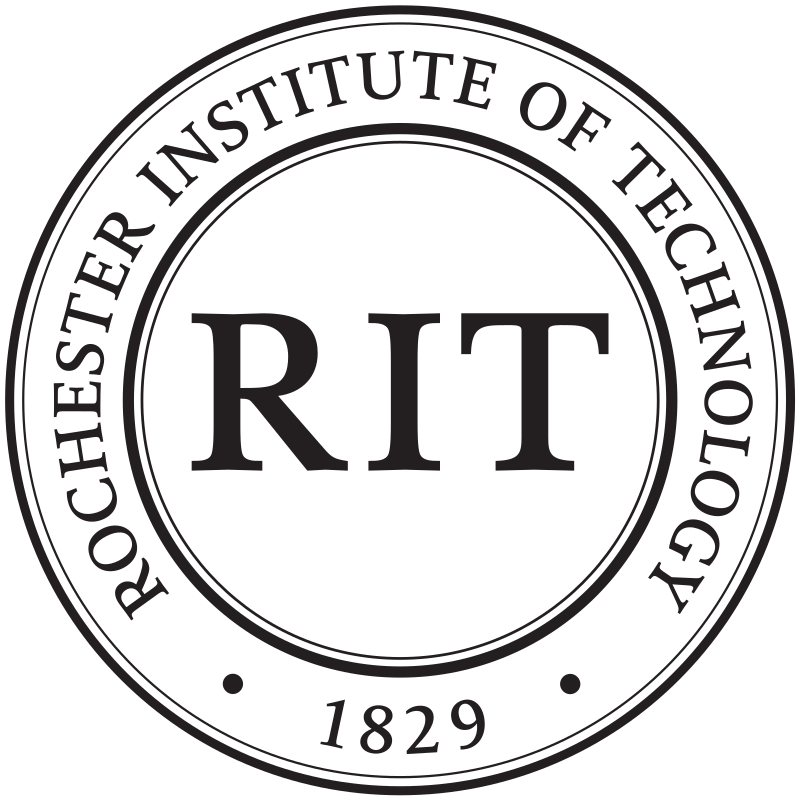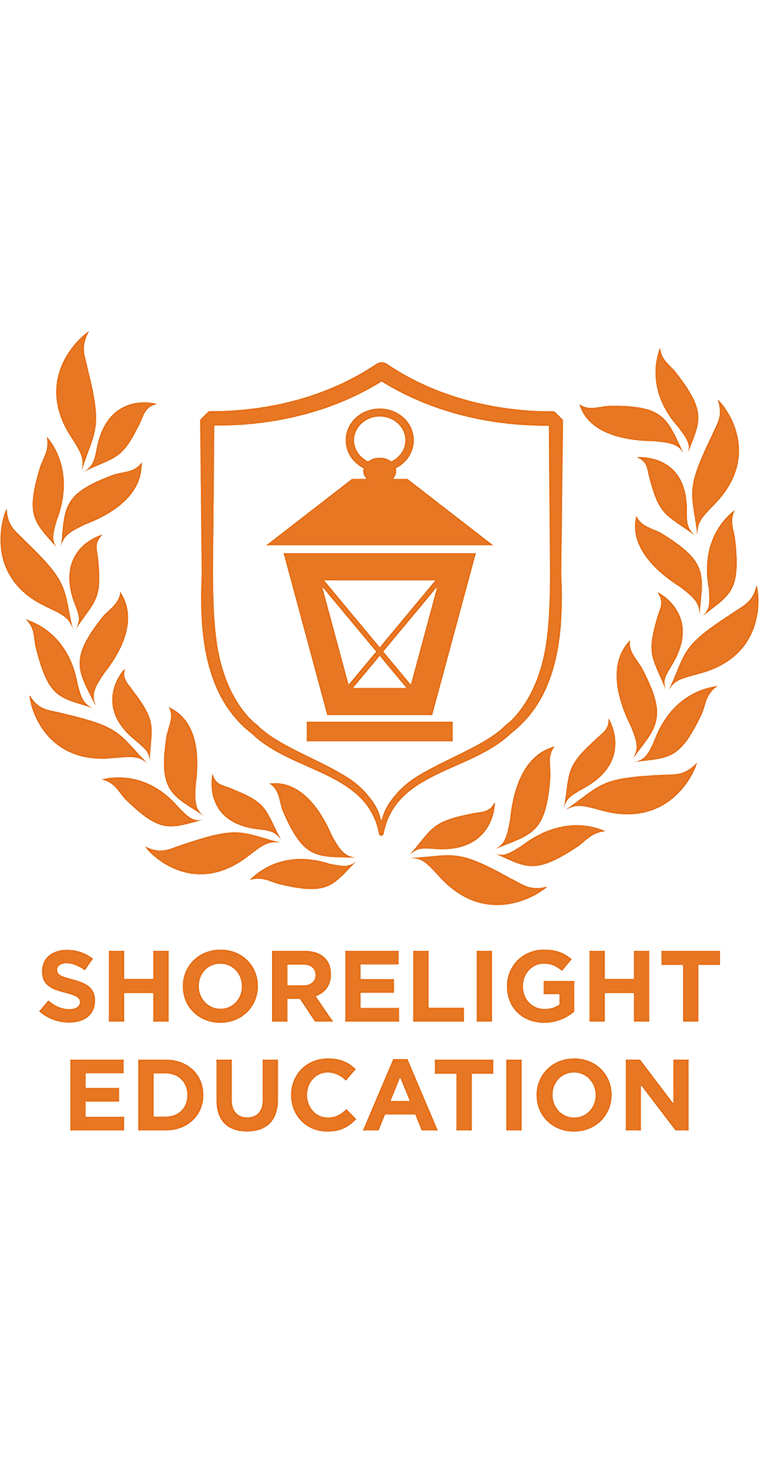
Foreign Education Consultants
Typically replies within minutes
Foreign Education Consultants
Hi There,
How can I help you?

Foreign Education Consultants
Typically replies within minutes
Foreign Education Consultants
Hi There,
How can I help you?
Get university recommendations.
Create SOP for free
Direct university communication
Track your application
Online payments
Don't have an account?
Get university recommendations.
Create SOP for free
Direct university communication
Track your application
Online payments
Already have an account?
Get university recommendations.
Create SOP for free
Direct university communication
Track your application
Online payments
Got your password?

Application Fee
The MS in physics focuses on providing advanced knowledge in core areas of physics. This includes electrodynamics, quantum, classical mechanics, and statistical physics, as well as one or more sub-areas of physics that correspond to your individual interests and career aspirations. You will collaborate with the program director to develop a tailored academic plan that includes course work that supports your goals. The program also includes professional skills in organization and leadership, managing research teams, promoting innovation or sustainable technologies, entrepreneurship and intellectual property, finance and accounting, data science, scientific visualization, electronics, STEM pedagogy and education research, public policy, and communication skills.
RIT’s physics master’s degree offers both a research and professional option, and provides advanced knowledge in core areas of physics, including electrodynamics, quantum, classical mechanics, and statistical physics, as well as one or more sub-areas of physics that correspond to your individual interests and career aspirations. You’ll work with faculty to develop a tailored individual academic plan that supports your individual career aspirations.
The MS program in physics is designed to provide flexible options that can be tailored to your specific career goals and disciplinary interests in fundamental and/or applied areas of physics. The program is suitable as either a means to further career development or as preparation for further graduate study.
You’ll select sub-areas of physics that align with your individual interests and career aspirations. Sub-areas may include:
Physics (research option), MS degree, typical course sequence
Course Sem. Cr. Hrs.
First Year
PHYS-601 Graduate Physics Seminar I 1
PHYS-602 Graduate Physics Seminar II 1
Choose two of the following:
6
PHYS-610 Mathematical Methods for Physics
PHYS-611 Classical Electrodynamics I
PHYS-614 Quantum Theory
Choose one of the following:
3
PHYS-630 Classical Mechanics
PHYS-640 Statistical Physics
Choose one of the following:
3
PHYS-790 Graduate Research & Thesis
Physics (or closely related) Elective
Physics (or closely related) Electives
6
Second Year
Choose one of the following:
3
PHYS-610 Mathematical Methods for Physics
PHYS-611 Classical Electrodynamics I
PHYS-614 Quantum Theory
PHYS-790 Graduate Research & Thesis 7
Total Semester Credit Hours
30
Physics (professional option), MS degree, typical course sequence
Course Sem. Cr. Hrs.
First Year
PHYS-601 Graduate Physics Seminar I 1
PHYS-602 Graduate Physics Seminar II 1
Choose two of the following:
6
PHYS-610 Mathematical Methods for Physics
PHYS-611 Classical Electrodynamics I
PHYS-614 Quantum Theory
Choose one of the following:
3
PHYS-630 Classical Mechanics
PHYS-640 Statistical Physics
Physics (or closely related) Elective
3
Professional Electives
6
Second Year
PHYS-780 Graduate Physics Project 4
Professional Elective
3
Physics (or closely related) Elective
3
Total Semester Credit Hours
30
Electives
These lists are representative of the types of elective courses available to students in the physics program. Other RIT courses may be used as electives upon approval by the program director.
Physics (or closely related) electives
Course
ASTP-660 Introduction to Relativity and Gravitation
ASTP-861 Advanced Relativity and Gravitation
CLRS-601
Principles of Color Science
CLRS-602 Color Physics and Applications
EEEE-605 Modern Optics for Engineers
EEEE-689 Fundamentals of MEMS
IMGS-616 Fourier Methods for Imaging
IMGS-619 Radiometry
IMGS-628 Design and Fabrication of Solid State Cameras
IMGS-633 Optics for Imaging
IMGS-639 Principles of Solid State Imaging Arrays
IMGS-642 Testing of Focal Plane Arrays
MATH-602 Numerical Analysis I
MATH-702 Numerical Analysis II
MATH-712 Numerical Methods for Partial Differential Equations
MATH-831 Mathematical Fluid Dynamics
MCEE-620 Photovoltaic Science and Engineering
MCEE-713 Quantum and Solid-State Physics for Nanostructures
MCSE-702 Introduction to Nanotechnology and Microsystems
MCSE-712 Nonlinear Optics
MCSE-713 Lasers
MCSE-731 Integrated Optical Devices & Systems
MCSE-771 Optoelectronics
MCSE-889 Special Topics
MTSE-601 Materials Science
MTSE-632 Solid State Science
PHYS-612 Classical Electrodynamics II
PHYS-616 Data Analysis for the Physical Sciences
PHYS-667 Quantum Optics
PHYS-670 Teaching and Learning Physics
PHYS-689 Graduate Special Topics
PHYS-715 Advanced Quantum Theory
PHYS-720 Computational Methods for Physics
PHYS-732 Advanced Solid State Physics
PHYS-751 Soft Matter Physics
PHYS-752 Biological Physics
PHYS-760 Radiation Interactions & Scattering Probes of Matter
PHYS-767 Optical Coherence and Light-Matter Interactions
PHYS-770 Advanced Methods in Physics Education Research
PHYS-799 Independent Study
Professional electives
Course
ACCT-603 Accounting for Decision Makers
ACCT-794 Cost Management in Technical Organizations
BLEG-612 Legal and Accounting Issues for New Ventures
CSCI-603 Computational Problem Solving
CSCI-605 Advanced Object-Oriented Programming Concepts
CSCI-610 Foundations of Computer Graphics
CSCI-620 Introduction to Big Data
CSCI-714 Scientific Visualization
CSCI-720 Big Data Analytics
DECS-744 Project Management
EEEE-610 Analog Electronics Design
EEEE-620 Design of Digital Systems
ESCB-705 Economics and Decision Modeling
FINC-605 Financing New Ventures
FINC-721 Financial Analysis for Managers
ISUS-704 Industrial Ecology
ISUS-705 Technology, Policy, and Sustainability
ITDS-611 STEM Education: Concepts and Practice
ITDS-613 STEM Education: Research Methods and Theory
MGIS-650 Introduction to Data Analytics and Business Intelligence
MGMT-735 Management of Innovation in Products and Services
MGMT-740 Leading Teams in Organizations
MGMT-741 Managing Organizational Change
MGMT-755 Negotiations
PSYC-716 Graduate Social Psychology
PUBL-630 Energy Policy
PUBL-701 Graduate Policy Analysis
Admission Requirements
To be considered for admission to the MS program in physics, applicants must fulfill the following requirements:
Tuition fee-2 years1,06,000
Total fee-2 years1,44,000



